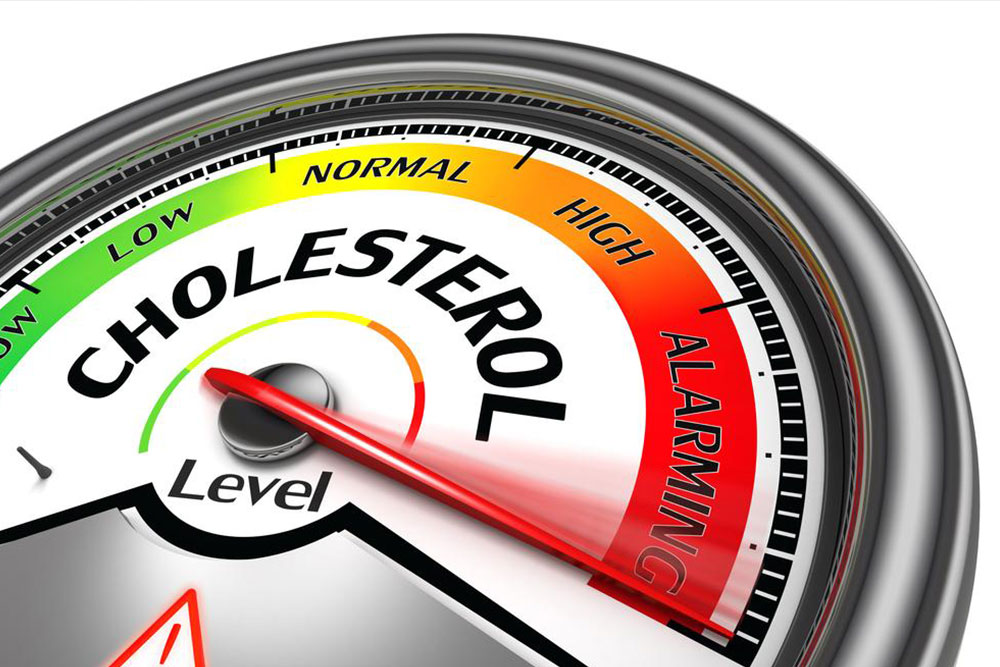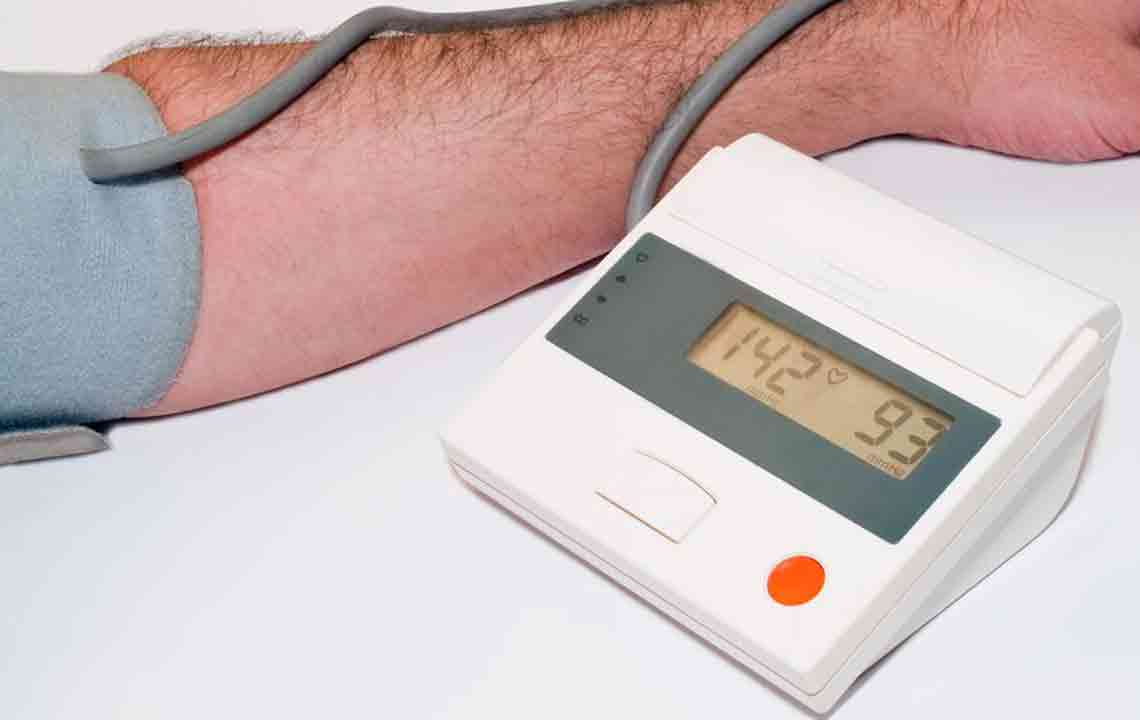Effective Approaches to Manage and Lower Cholesterol for Better Heart Health
Discover effective, sustainable strategies for managing cholesterol levels to promote heart health. This comprehensive guide covers diet, exercise, lifestyle changes, and regular monitoring. Learn how to keep your LDL and HDL cholesterol balanced to reduce cardiovascular risks and improve overall wellness with expert tips and practical advice.

Effective Approaches to Manage and Lower Cholesterol for Better Heart Health
Comprehensive strategies for maintaining healthy cholesterol levels
Achieving and maintaining balanced cholesterol levels is a vital aspect of overall well-being and cardiovascular health. Cholesterol, a waxy substance found in your blood, is essential for various bodily functions, yet when levels become imbalanced, it poses risks for heart disease and other health issues. To promote optimal health, individuals need to adopt a holistic approach that combines dietary management, physical activity, and lifestyle modifications. Both HDL (high-density lipoprotein, known as 'good' cholesterol) and LDL (low-density lipoprotein, known as 'bad' cholesterol) are critical components of your body's chemistry. Proper regulation of these lipoproteins can significantly reduce the risk of cardiovascular problems.
Problems typically occur when LDL levels rise due to unhealthy eating habits, sedentary lifestyles, and other lifestyle factors. Elevated LDL cholesterol can lead to plaque buildup in arteries, increasing the chances of heart attacks and strokes. While making simple adjustments to your diet and activity levels can help lower cholesterol, consistently maintaining healthy levels requires ongoing effort and awareness. Here, we present an in-depth guide with practical, evidence-based tips to help you manage your cholesterol effectively and sustainably.
Schedule regular cholesterol screenings: Periodic testing is essential even if your cholesterol levels are currently within the normal range. Routine blood work provides critical insights into your lipid profile, allowing timely interventions if necessary. Monitoring progress helps you stay accountable and identify any shifting trends that require adjustments in your diet or lifestyle.
Limit intake of red meat and high-fat dairy products: While your body naturally synthesizes cholesterol, consuming foods high in saturated fats, such as red meats and full-fat dairy, can raise your LDL levels. Instead, opt for plant-based protein sources like legumes, beans, lentils, and tofu, which are nutritious, heart-healthy alternatives that keep your cholesterol levels in check.
Choose heart-friendly oils: Replace saturated fats with unsaturated fats found in oils like olive oil, canola oil, and avocado oil. These oils promote healthy cholesterol levels, support cardiovascular well-being, and help prevent the formation of arterial plaque.
Engage in regular physical activity: Exercise is one of the most effective ways to control cholesterol. Aim for at least 150 minutes of moderate-intensity aerobic activity per week, such as brisk walking, cycling, or swimming. Find activities you enjoy to ensure consistency, and incorporate strength training on additional days to enhance overall health. Physical activity helps raise HDL (good) cholesterol and reduces LDL (bad) cholesterol.
Quit smoking: Smoking has detrimental effects on your cardiovascular health by lowering HDL levels and damaging blood vessel linings. Quitting smoking not only improves your lipid profile but also enhances your overall health and longevity. Seek support from healthcare providers, join cessation programs, or use nicotine replacement therapies to overcome tobacco dependence.
Maintain a healthy weight: Excess weight raises the risk of high cholesterol and related illnesses. Combine a balanced diet rich in fruits, vegetables, whole grains, and lean proteins with regular exercise to achieve and sustain a healthy weight. Weight loss can significantly lower LDL levels and increase HDL levels, thereby reducing cardiovascular risks.
Additional Lifestyle Tips: Besides these core strategies, managing stress, limiting alcohol intake, and ensuring adequate sleep are also vital in maintaining healthy cholesterol levels. Incorporate these habits into your daily routine to enhance your overall heart health and prevent future health complications.
In summary, adopting a comprehensive approach that integrates dietary choices, physical activity, lifestyle modifications, and regular health monitoring can dramatically improve your cholesterol profile. Empower yourself with knowledge and consistency to enjoy the benefits of a healthier heart and a longer, more vibrant life.
Tags: Cholesterol Management, Heart Health, Healthy Lifestyle, Lipid Profile, Cardio Care
Categories: Health & Wellness





